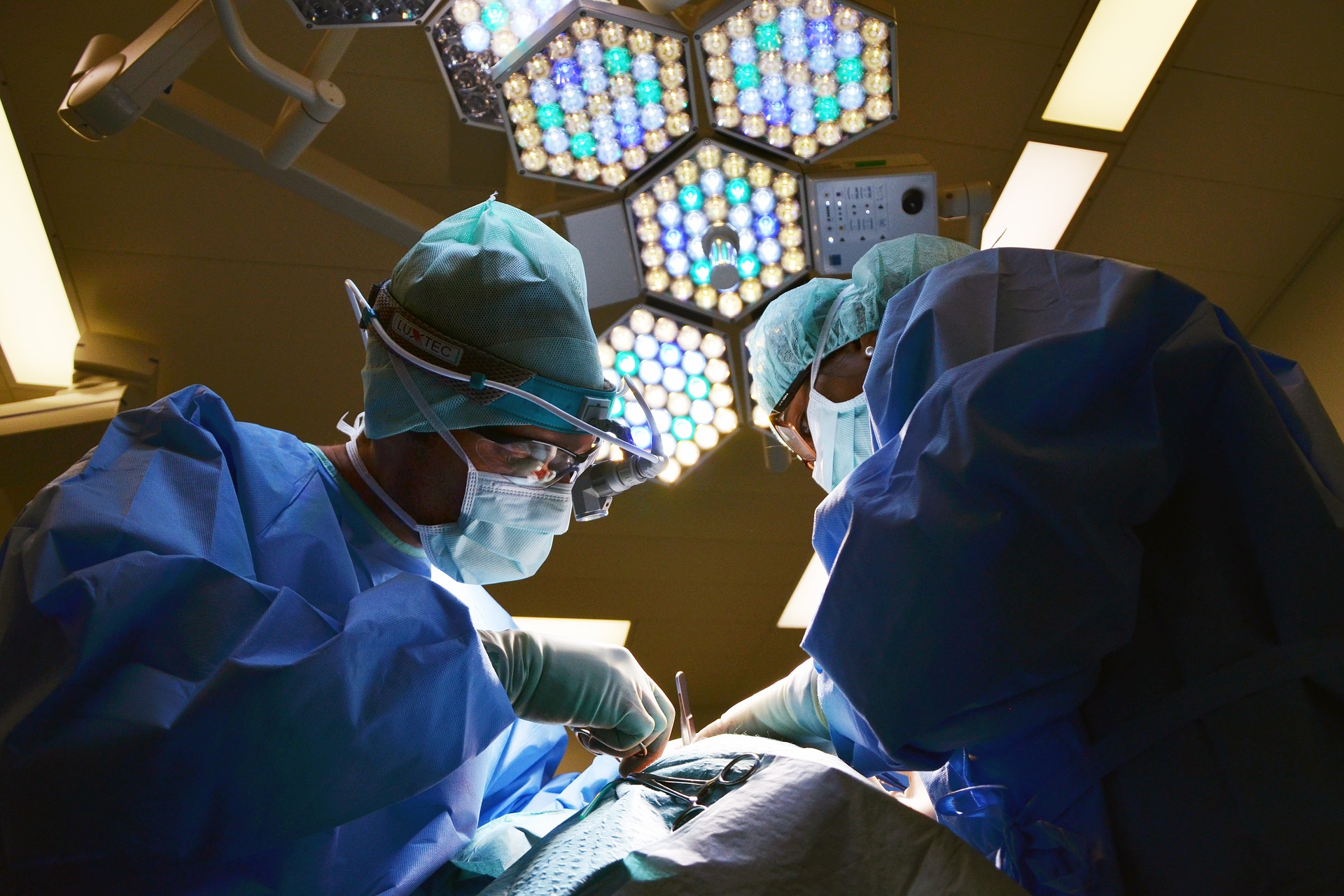Expert Hands, Healthier Hearts: Heart Surgeon Care
The heart is a vital organ that powers life, making its care essential. Heart surgeons play a pivotal role in treating complex cardiac conditions, ensuring patients regain and maintain their health. If you're curious about what does a cardiac surgeon do or reasons to see a cardiac surgeon, this guide offers valuable insights into their expertise, treatments, and how to choose the right specialist for your needs.

What Does a Cardiac Surgeon Do?
A cardiac surgeon specializes in surgeries related to the heart and major blood vessels. These professionals address a variety of cardiac conditions, from congenital heart defects to coronary artery disease. Procedures they perform range from minimally invasive surgeries to complex open-heart operations.
Their responsibilities go beyond surgery. Cardiac surgeons work closely with cardiologists, anesthesiologists, and other healthcare providers to create comprehensive treatment plans. They guide patients through pre-operative care, perform precise surgeries, and oversee recovery to ensure the best possible outcomes.
What Conditions Does a Cardiac Surgeon Treat?
Heart surgeons handle an array of conditions that affect cardiovascular health. These include:
- Coronary artery disease: Blockages in the arteries that supply the heart.
- Valve disorders: Conditions like mitral valve prolapse or aortic stenosis.
- Aneurysms: Bulging in the walls of blood vessels that can rupture.
- Congenital heart defects: Structural issues present at birth.
- Heart failure: Advanced conditions that may require interventions like bypass surgery or heart transplants.
Understanding what conditions does a cardiac surgeon treat can help patients recognize when specialized care is necessary.
Reasons to See a Cardiac Surgeon
There are numerous reasons to consult a heart surgeon, especially when dealing with critical heart issues. A few key scenarios include:
- Referrals from cardiologists: When less invasive treatments have not been effective.
- Emergency situations: For life-threatening conditions like ruptured aneurysms.
- Advanced heart disease: Cases requiring surgical intervention to restore blood flow or repair valves.
- Specialized procedures: Such as robotic-assisted surgeries or heart transplants.
Knowing the 10 main signals that indicate you should consult a cardiac surgeon can be life-saving. Symptoms like persistent chest pain, shortness of breath, or irregular heartbeats should not be ignored.
How to Choose a Heart Surgeon
Selecting the right heart surgeon is crucial for successful treatment. Consider these factors:
- Experience: Surgeons who have performed a high volume of procedures tend to have better outcomes.
- Specialization: Some surgeons focus on specific types of surgeries, such as valve repair or minimally invasive techniques.
- Credentials: Look for board certification and affiliations with reputable institutions.
- Patient reviews and outcomes: Feedback from previous patients and success rates provide insight into the surgeon’s expertise.
Researching how to choose a heart surgeon can simplify the process, ensuring you find a qualified professional who aligns with your needs.
Cardiac Care in the United States
The United States is home to world-class heart surgery facilities and specialists. Institutions like the Cleveland Clinic and Mayo Clinic are renowned for their cardiac care programs. Advancements in technology and surgical techniques, such as robotic-assisted procedures, have elevated the standard of care nationwide.
Additionally, cardiac surgeons in the U.S. are supported by multidisciplinary teams, including cardiologists, rehabilitation specialists, and nutritionists. This comprehensive approach ensures that patients receive holistic care, from diagnosis through recovery.
Leading Providers of Cardiac Surgery Services
When considering heart surgery, it’s important to know where to find expert care. Below are some of the leading providers in the United States:
| Provider | Location | Key Services |
|---|---|---|
| Cleveland Clinic | Cleveland, Ohio | Advanced heart failure treatments, minimally invasive surgery |
| Mayo Clinic | Rochester, Minnesota | Valve repair, congenital heart defect surgeries |
| Mount Sinai Heart | New York, New York | Coronary artery bypass, robotic-assisted cardiac procedures |
| Texas Heart Institute | Houston, Texas | Heart transplants, aneurysm repair |
Each of these institutions offers specialized programs tailored to patient needs. Choosing a facility depends on the complexity of your condition and your geographic location.
Conclusion
Heart surgeons play an indispensable role in preserving cardiovascular health. By understanding what does a cardiac surgeon do and how to choose a heart surgeon, patients can navigate their journey toward recovery with confidence. Whether seeking treatment for coronary artery disease or exploring cutting-edge procedures, expert care makes all the difference.




